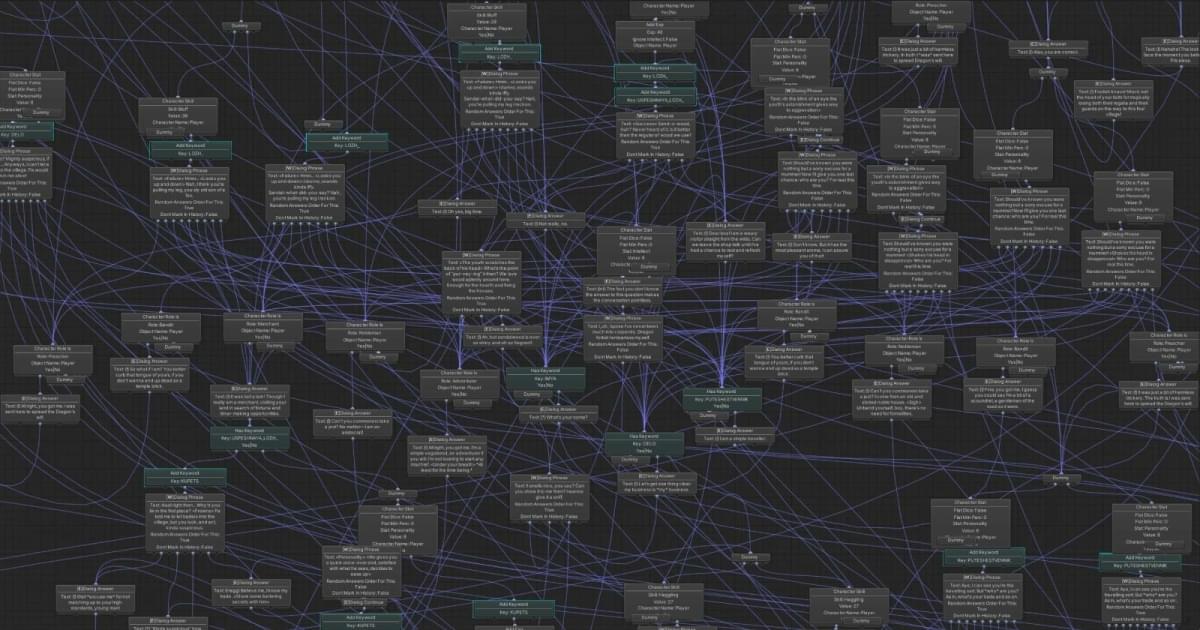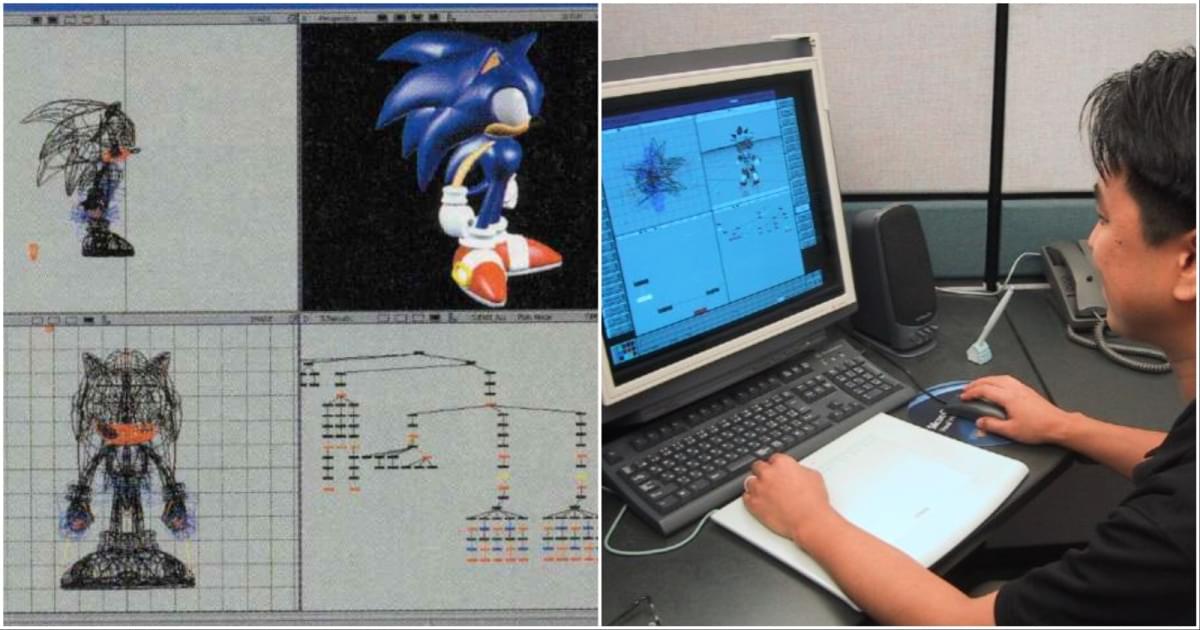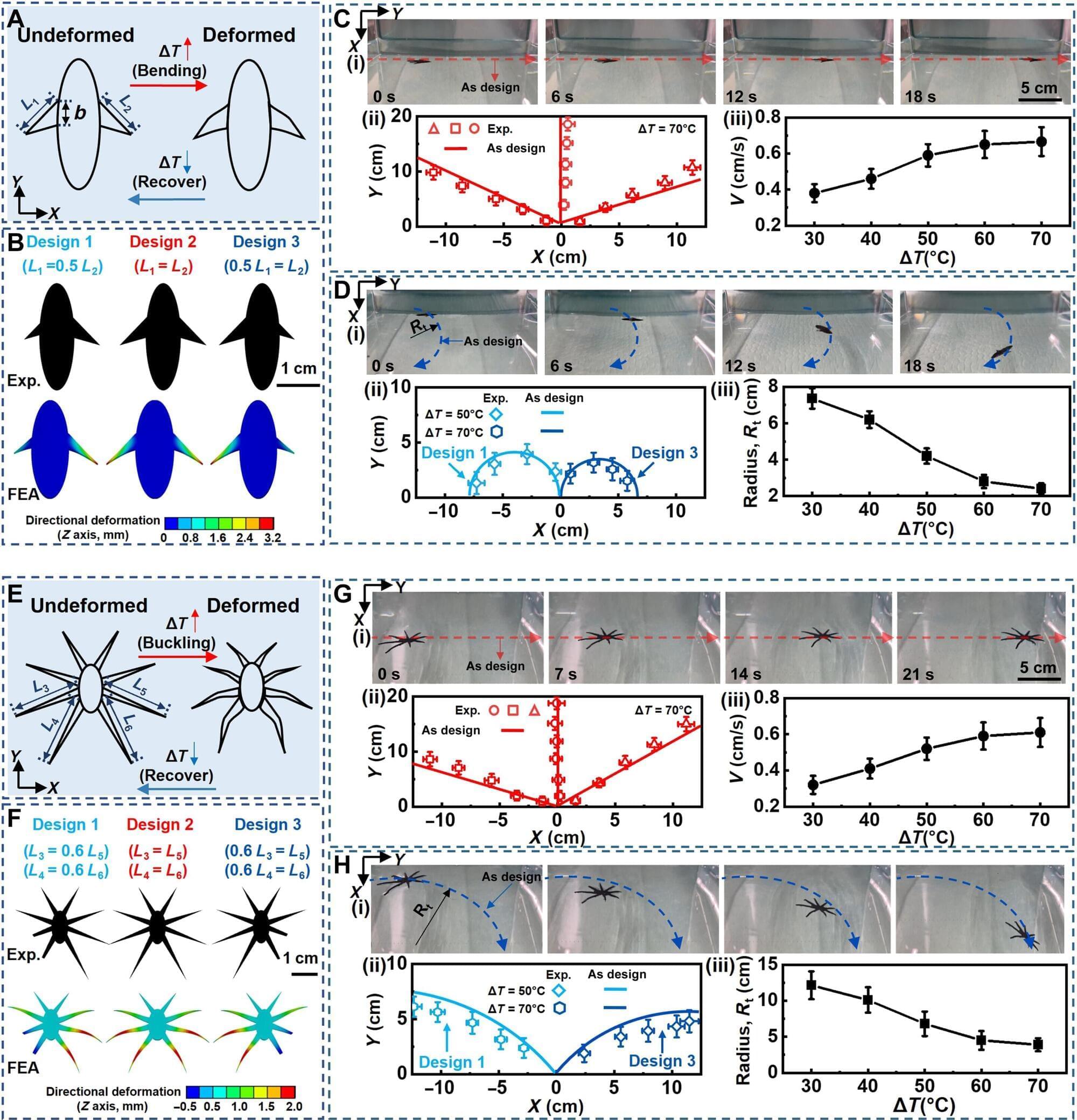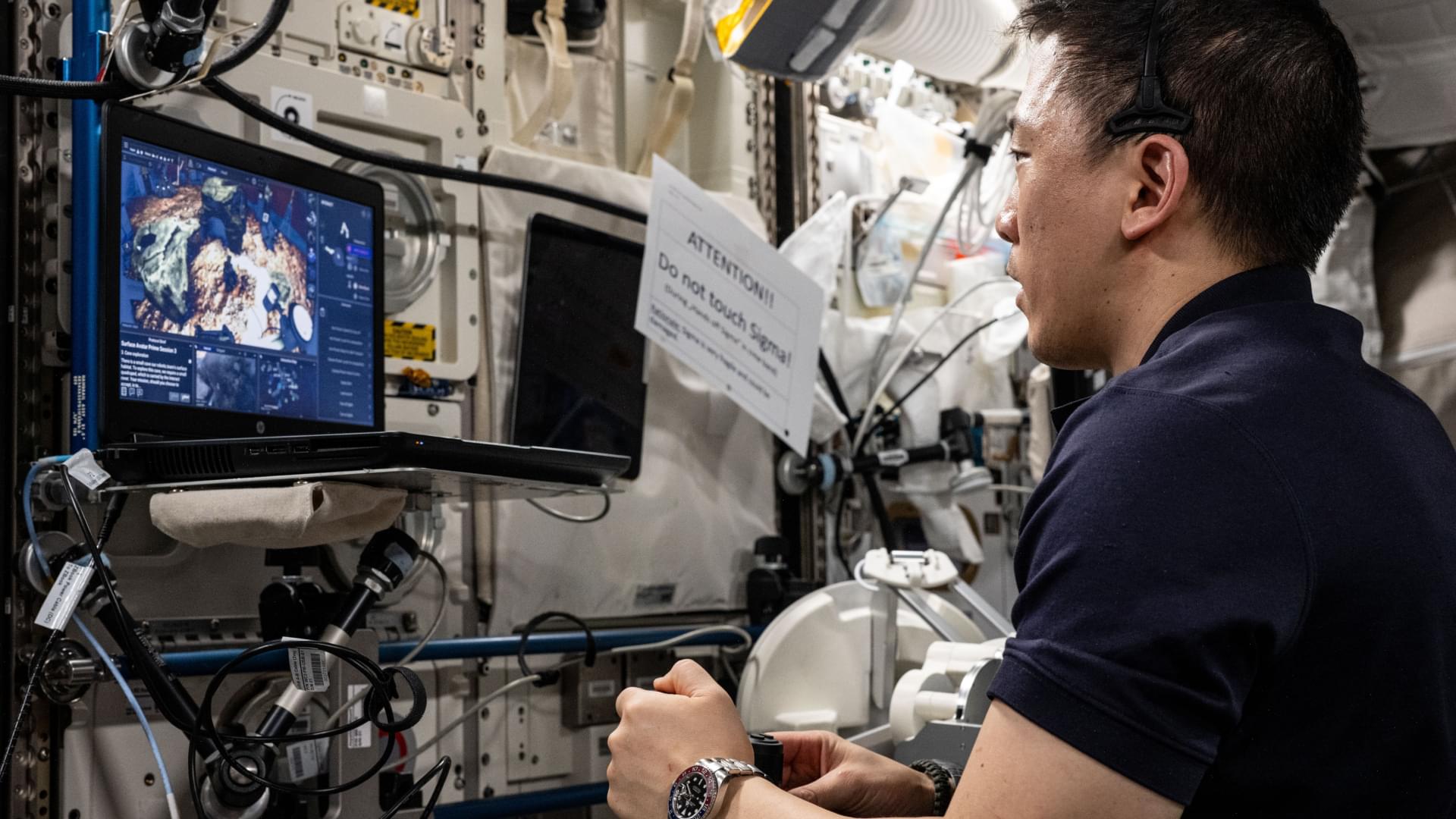Why do games take so long to make?




Around 4.4 billion people worldwide still lack reliable access to safe drinking water. Newly designed, thin floating films that harness sunlight to eliminate over 99.99% of bacteria could help change that, turning contaminated water into a safe resource and offering a promising solution to this urgent global challenge.
In a recent study, researchers from Sun Yat-sen University, China, presented a self-floating photocatalytic film composed of a specially designed conjugated polymer photocatalyst (Cz-AQ) that generates oxygen-centered organic radicals (OCORs) in water.
These OCORs are efficiently formed due to the strong electron-donating and accepting groups incorporated into the polymer design, resulting in lifetimes orders of magnitude longer than those of conventional reactive oxygen species. With more time to act, the radicals enable the film to break down organic pollutants and suppress bacterial regrowth for at least five days.
Full episode with William Hahn: https://youtu.be/3fkg0uTA3qU
As a listener of TOE you can get a special 20% off discount to The Economist and all it has to offer! Visit https://www.economist.com/toe.
Join My New Substack (Personal Writings): https://curtjaimungal.substack.com.
Listen on Spotify: https://tinyurl.com/SpotifyTOE
Become a YouTube Member (Early Access Videos):
https://www.youtube.com/channel/UCdWIQh9DGG6uhJk8eyIFl1w/join.
Support TOE on Patreon: https://patreon.com/curtjaimungal.

51% of Japanese developers use generative AI in game development.
In new research from Tokyo Game Show organizer Computer Entertainment Supplier’s Association (CESA), as reported by The Nikkei, of the 54 Japanese companies polled between June and July 2025, over half used genAI. Primarily, it’s used to assist with generating visual assets, images, and character art, as well as story generation, in-game text, and support with programming.
The 2025 CESA Video Game Industry Report also revealed that 32% of respondents were also using AI to develop in-house development engines.

Imagine tiny robots zipping across the surface of a lake to check water quality or searching for people in flooded areas. This technology is moving closer to reality thanks to work by researchers at the University of Virginia’s School of Engineering and Applied Science. Inspired by nature and insects such as water striders that walk on water, they created two prototype devices that can propel themselves across liquid surfaces.
The first, called HydroFlexor, paddles across a surface using fin-like motions. The second, named HydroBuckler, “walks” forward with a buckling motion that mimics the water-walking insects. The key innovation that made this possible is a technology developed by the team called HydroSpread.
To float and move on the surface of a liquid, robots need ultrathin, flexible films. Traditional approaches to making such films involve manufacturing them on a rigid surface, such as glass, and then transferring them to water, which often damages or breaks the film. However, the HydroSpread technique allows the films to be made directly on the liquid.

Microsoft has begun rolling out the beta version of its AI-powered Gaming Copilot to Windows 11 systems for users aged 18 or older, excluding those in mainland China.
Tagged as a “personal gaming sidekick,” Gaming Copilot will also be pushed to Xbox mobile app users on Apple and Android devices starting next month.
To start using Gaming Copilot in the Game Bar, Windows users must install the Xbox PC app on their PC and use the Windows logo key + G keyboard shortcut to open the Game Bar. Next, they can find the Gaming Copilot icon in the Home Bar, open the widget, and log in to their Xbox account.
Yet another episode of: “Andy learns things with you.”

This is the future of AI and robots. Take a journey into the future and explore the possibilities and predictions of AI humanoid robots. This timelapse of the future explores robots that move faster than humans can see, humanoids and teslabots with human skin faces (biobots), and the building of an artificial super intelligence that walks among humans.
Game parks allow humans in their homes to control humanoids in hybrid digital real world games.
Humanoids are able to self-transfer their entire minds into digital backup worlds and into other physical machines.
Hives of humanoids link their computational power into a single super-intelligence while maintaining individual bodies. They are building a super intelligence. More intelligent than the collective. An intelligence that lives in the digital world… and the real.
Encyclopedia of the Future entries: Android Majority, Machine Mirror Point, Digital Twin Simulation, Cyborgology.
Personal inspiration in creating this video comes from: Westworld TV show, and the Ex Machina movie.